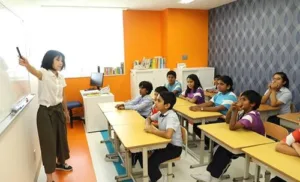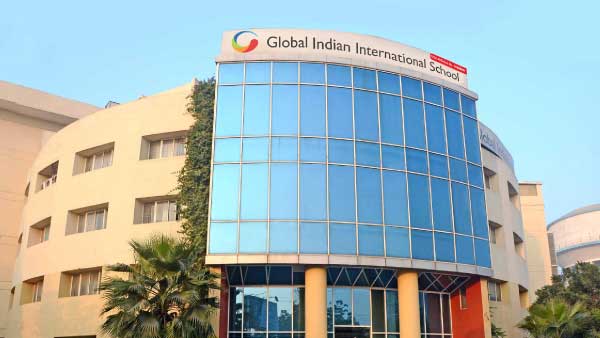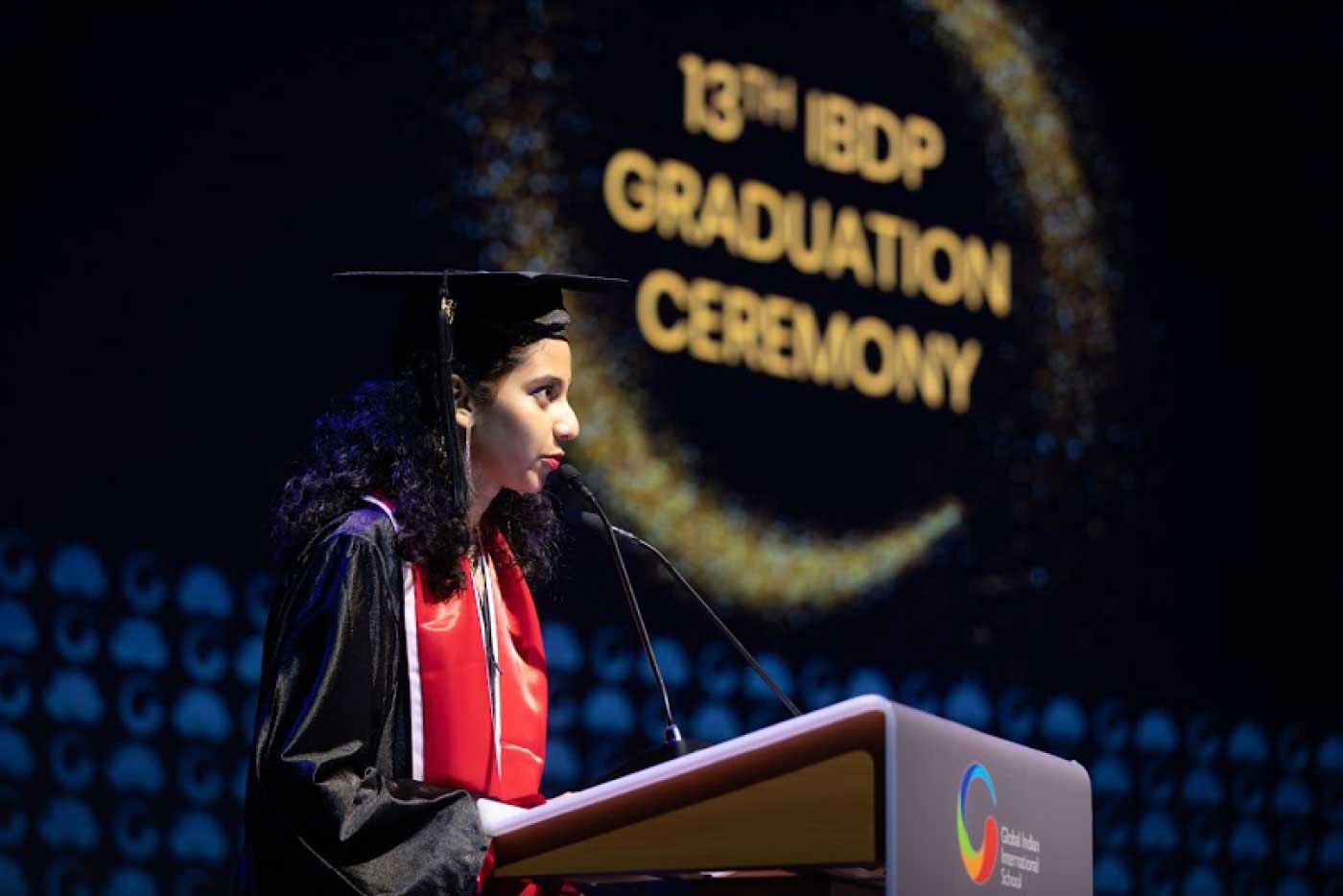Download our FREE Academic Calendar now! 📚 Start your child’s journey to success.
Parents, teachers, and schools are urging students to develop holistically and all-around as a result of the increased need for this, and they are working to identify approaches that successfully target these factors. If given the option to choose between the two, an increasing number of people are becoming perplexed by their decisions and preferences regarding the two boards.
The NCERT curriculum serves as the foundation for the CBSE, or Central Board for Secondary Education, curriculum. The Indian Union Government is in charge of the board. Approximately 24000 schools presently use this national curriculum. The programme is geared toward students and emphasises each one’s total growth.
The International Baccalaureate curriculum, on the other hand, is a national-level curriculum with its roots in Switzerland. It emphasises critical thinking, creativity, and becoming a well-rounded person. It offers students a variety of learning alternatives and is both comprehensive and adaptable. Although it is not extensively used in India, the IB curriculum.
What are CBSE Board and IB Board?
IB – It stands for International Baccalaureate. Students receive standardised instruction from the board that is delivered globally, providing them with a lifetime of hands-on learning opportunities. They also place a strong emphasis on the total development of students through a variety of extracurricular activities in the arts, athletics, and communication.
CBSE – It stands for Central Board of Secondary Education. This board is the most well-liked and well-known in India, and it emphasises the students’ comprehensive understanding. This board places a lot of emphasis on students’ overall and technical learning.
Major Differences Between CBSE and IB Board
Learning Approach
The IB board emphasises learner-centred, knowledge-based learning. Students are given the freedom and encouragement to take charge of their educational experiences by asking questions and conducting research. Although the learning is more in-depth in the CBSE curriculum. Its primary goal is to get students ready for exams and help them develop the abilities they need to do well on them. The IB curriculum prioritises extracurricular activities more than the CBSE curriculum does.
Exposure
The IB board is well-known and knowledgeable about many domestic and international universities. While CBSE schools are also extensively exposed to the diverse learning styles found throughout the world, the kids are able to succeed in a variety of areas and colleges on a global scale.
Job Opportunities
Graduate students from CBSE schools stand out and are frequently engaged by prestigious management firms and institutions around the world. Students following the are more motivated by a particular skill set, and as a result, they have access to a wide range of opportunities.
Syllabus
The CBSE curriculum is comprehensive and fosters a stress-free learning environment for the students. They give students excellent preparation for the major national competitive exams. The IB board curriculum offers a more well-rounded curriculum that places equal emphasis on music, art, business administration, etc.
Fee
While the IB curriculum’s pricing structure is consistently high, the CBSE curriculum’s fee structure gradually transitions from low to medium.
Medium of Education
English or Hindi are both acceptable educational languages in CBSE. IB exclusively offers English as a language.
Key Features: Ib vs CBSE
Features of IB
● Through an international curriculum, it offers students a standardised, global education that gives them a lifetime of hands-on learning opportunities.
● The five skill categories of thinking, research, communication, social, and self-management are covered in all IB programmes.
● The IB board favours concept-based learning over conventional textbook-based study. The material is understood by the students, and they have a variety of resources at their disposal to further their studies of the material.
Features of CBSE
● Many entrance tests for India’s most esteemed engineering and medical institutes employ the CBSE board syllabus.
● The CBSE curriculum is comprehensive and offers kids a stress-free learning environment.
● The association between CBSE and all Kendriya Vidyalayas and Navodaya Vidyalayas is one of the factors contributing to CBSE’s popularity in India.
● Because the CBSE curriculum is tied to the syllabus and exam patterns for Indian entrance exams in engineering and medicine, students who are interested in these professions should enrol in this board.
● The cost of CBSE schools is also lower than that of other boards.
Subjects Offered in IB and CBSE Board
CBSE board
| Classes | Subjects |
| 1-5 | English, Hindi, Maths, Environmental Sciences, Languages |
| 6-8 | English, Hindi, Maths, Science, Social Science |
| 9-10 | English, Hindi/Sanskrit, Maths, Science, Social Science and other subjects |
| 11-12 | English, Maths/Biology, Physics, Chemistry, Commerce stream subjects, Humanities stream subjects, Optional subjects |
IB
Subjects for the Primary Years Programme (PYP)
● Language
● Social studies
● Maths
● Science
● Arts
● Personal and physical education
Subjects for the Middle Years Programme (MYP)
● 1st language
● 2nd language
● Humanities
● Maths
● Science
● Arts
● Physical education
● Computers
Pros & Cons of both CBSE and IB Board
CBSE
| Pros | Cons |
| Exams with high stakes are prepared for by students. | Patterns of responses based on textbooks. |
| It is accessible from any location in India. | It emphasizes how important memory learning is. |
| It permits the use of both Hindi and English as a language of instruction. | Research is not prioritised. |
IB
| Pros | Cons |
| ● A balanced course of study. | ● It is not frequently used in India. |
| ● A system of education that is knowledge-based. | ● Not appropriate for Indian colleges. |
| ● International recognition (more credible for admission at international universities). | ● Expensive |
| ● The Gateway programme to some of the top universities in the world. |
Which board is Better, CBSE Or IB?
As both boards serve different needs of children and parents, it is quite challenging to provide an answer. Let’s contrast the two, then.
In contrast to CBSE, IB places a greater emphasis on learning that is applied and practical. IB exams measure students’ knowledge and intelligence, not their memory and speed, whereas CBSE exams place a lot of emphasis on these skills. IB education places more emphasis on “how to learn” than “what to learn.” In terms of conceptual comprehension of the disciplines, the IB curriculum places a greater emphasis on qualitative assignments. Children who take IB courses are prepared to study abroad.
However, it is currently not particularly well-known in our nation, and the institutions that do offer it tend to be expensive. Thus, you might have to put in a lot of effort to discover an IB International School that meets your other requirements.
On the other hand, CBSE provides thorough education that is reasonably priced. Additionally, you can choose from a wide range of options anywhere.
Conclusion
Every child is different. And every International School in Pune is different. Environment also has a significant impact. Therefore, a student’s performance in a certain field cannot exclusively depend on the curriculum set by the board. A parent’s choice of a board is one that should take into account their tastes, available options, and the ecosystem of the school.
The needs of the students are met differently by IB and CBSE. Therefore, the type of board that parents and students choose for their child relies on them.
FAQs
Which is harder: IB or CBSE?
Ans – IB
Is it good to change from IB to CBSE?
Ans – It becomes difficult to cope up at times but things become easier with time.
Why is CBSE better than IB?
Ans – Choosing a CBSE curriculum has the benefit of preparing you for various competitive tests with greater knowledge. No matter the method of instruction, it is best to educate your child for the fast-paced world of today. The future is properly prepared for students at CBSE schools.
What is the future of IB in India?
Ans – Many reputable colleges, both in India and abroad, accept graduates from the best IB board schools in India at a considerably greater rate.
Is IB board acceptable in India?
Ans – Yes, IB board is acceptable in India. It is highly recommendable if the student plans to do their further studies abroad.



































